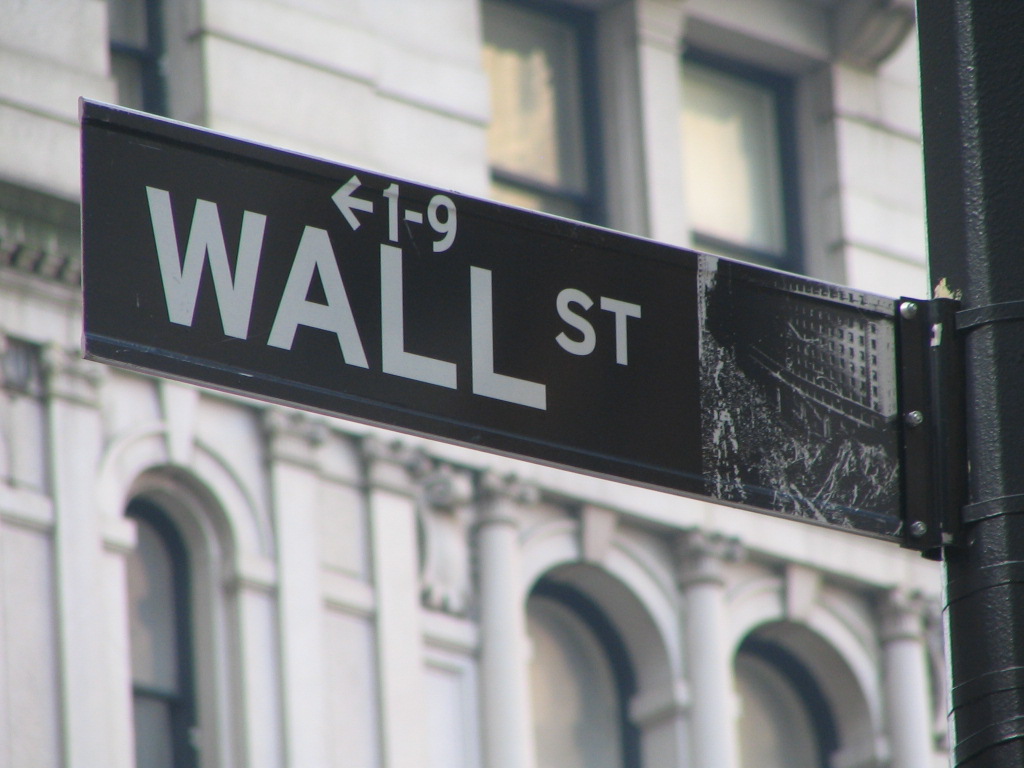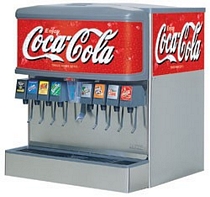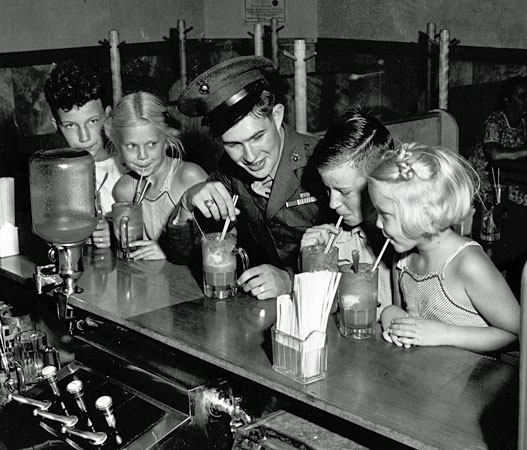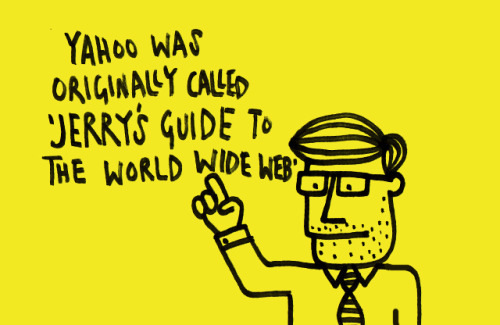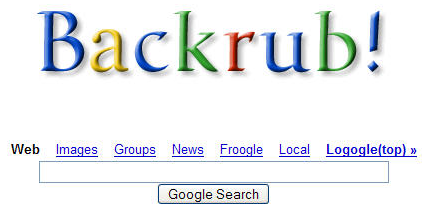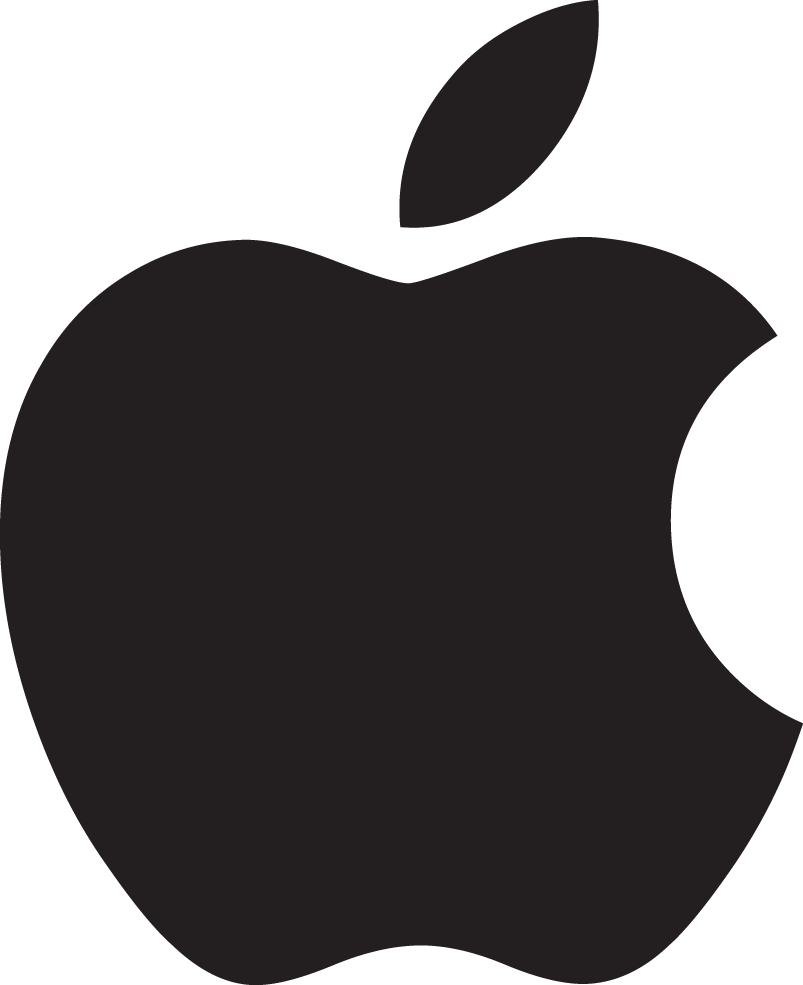There's this sudden craze all around. Everyone wants to suddenly leave their job and do the unconventional. Everyone imagines that in the very first try they are going to set up the next Facebook, Apple or Google.
Almost every second person things he or she is going to create a business, scale it and eventually sell it for millions. The point being most of us today have started to link entrepreneurship to a quick fix solution to our long term wealth problem.
What right does one have to call himself/herself an entrepreneur if their sole purpose is to make money. They are capitalists at best. But entrepreneurs? Hell no.
What right does a person who jumps from one business idea to another without successful execution of even a single idea have to call himself/herself an entrepreneur?
What right does a person who simply copies the business model of another have the right to call himself/herself an entrepreneur. He/She is simply a thief.
These are simple questions that have simple answers. Most of the readers shall state but what right has Mark Zuckerberg to call himself an entrepreneur when he simply lifted the concept of Facebook from the Winkelvosses and Divya Narendra. What right has Steve Jobs to call him an entrepreneur when he was simply a marketer?
The world is changing and the lines between a businessmen and entrepreneur, an entrepreneur and a marketer have started to diminish.
As with everything else we have started to rethink and reinvent traditional definitions of the word 'Entrepreneur'.
The question that remains is whether changing the definition is the solution? Are we ready to accept Entrepreneurs as they are being shaped or are we ready to draw lines to clearly demarcate who we wish to see as an entrepreneur. Perhaps this is wishful thinking but then again it may not be.
On behalf of Doodle inc
Udit Sabharwal
Almost every second person things he or she is going to create a business, scale it and eventually sell it for millions. The point being most of us today have started to link entrepreneurship to a quick fix solution to our long term wealth problem.
What right does one have to call himself/herself an entrepreneur if their sole purpose is to make money. They are capitalists at best. But entrepreneurs? Hell no.
What right does a person who jumps from one business idea to another without successful execution of even a single idea have to call himself/herself an entrepreneur?
What right does a person who simply copies the business model of another have the right to call himself/herself an entrepreneur. He/She is simply a thief.
These are simple questions that have simple answers. Most of the readers shall state but what right has Mark Zuckerberg to call himself an entrepreneur when he simply lifted the concept of Facebook from the Winkelvosses and Divya Narendra. What right has Steve Jobs to call him an entrepreneur when he was simply a marketer?
The world is changing and the lines between a businessmen and entrepreneur, an entrepreneur and a marketer have started to diminish.
As with everything else we have started to rethink and reinvent traditional definitions of the word 'Entrepreneur'.
The question that remains is whether changing the definition is the solution? Are we ready to accept Entrepreneurs as they are being shaped or are we ready to draw lines to clearly demarcate who we wish to see as an entrepreneur. Perhaps this is wishful thinking but then again it may not be.
On behalf of Doodle inc
Udit Sabharwal



